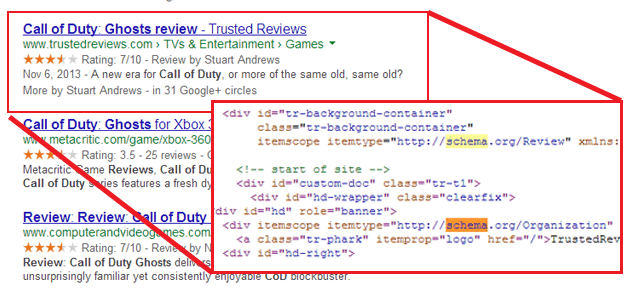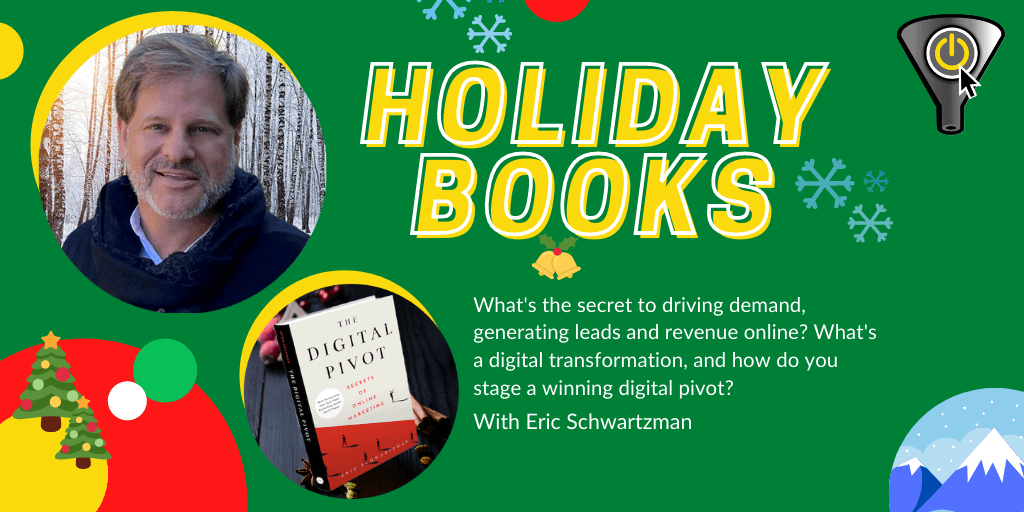There’s a counter-intuitive saying that goes: good fences make good neighbours. Nobody does marketing today completely by themselves. Whether we are in-house or are on the vendor-side, we always have partners in the mix, and most of us approach them in a neighbourly way. But there’s one task in the relationship-forming process that makes most of us squirm – contracting
They contain what’s important to both sides, so instead of springing them on the other party at the last minute, their contents should be shared early on, to help everyone get a feel for what they are getting into.
Our guest, Julie Bacchini, is a professional speaker and has been in the PPC space for over a decade and has been helping businesses grow online in one way shape or form for two decades, through her own consultancy, Neptune Moon.
Julie has been named on “top influencer” lists, including PPC Hero’s Top 25 list perennially, making the list again this year, 2021.
She is also the Managing Director of PPC Chat, where paid search professionals gather weekly on Twitter to talk shop. She’s known for her practical, rubber-meets-the-road outlook so who better to talk to about contracts. She says contracts lay the foundation for good Vendor-Client relationships and argues that we shouldn’t shy away from talking about them.
Learn how to make contracts that are a win-win, with Julie Bacchini.
People/Products/Concepts Mentioned in Show
According to Kirk Williams “contracts define and preserve the intent of the relationship.”
Agreement subtopics covered:
- Service levels and days/times for communications responses, including timezones
- Upfront work such as discovery, setup of marketing creative/content/campaigns
- Expectations of both the vendor and the client
- Price structure, extra charges, frequency of invoicing and payment terms
- Legal protections for Intellectual property and force majeure interruptions.
- Termination and dispute resolution clauses






